Yale School of Medicine professor Marc Brackett compellingly talks about the importance of emotional intelligence (EI) in educational and business environments. Students who learn to improve their EI have better life outcomes; businesses that create a healthy EI environment enjoy improved working relations and greater creativity. Brackett uses the acronym RULER to outline the five essential emotional skills: Recognizing, Understanding, Labeling, Expressing and Regulating. No matter your temperament or age, you can learn to develop your EI and reap the benefits to your creativity, relationships and health.
In the United States, schools and businesses tend to value IQ more than emotional intelligence (EI). But high EI boosts creativity and collaboration.
Marc Brackett’s study of 45,000 high school students showed that they spend between 70% and 80% of their time experiencing negative emotions like boredom and stress. Similarly, his study of 25,000 workers across the United States revealed that their most prevalent emotion was also stress – not the good kind that helps your productivity, but the bad kind that can make you hate your job, have trouble concentrating and even make you physically ill.
To boost creativity and improve people’s relationships and health, schools and companies need to create healthy emotional environments, and help their students and employees develop their emotional intelligence (EI).
Students with high EI have fewer mental health and behavioral issues, better academic outcomes, and develop stronger social bonds. Employees whose supervisors demonstrate high EI feel inspired 80% of the time, and they have much lower rates of burnout. They are more engaged, and see their work as meaningful and...
Marc Brackett is the founder and director of the Yale Center for Emotional Intelligence and a professor in the Yale School of Medicine’s Child Study Center. He’s the author of Permission to Feel: Unlocking the Power of Emotions to Help Our Kids, Ourselves, and Our Society to Thrive.









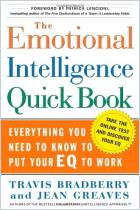
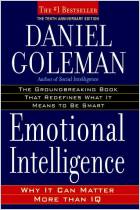
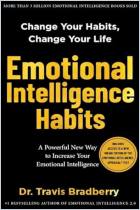
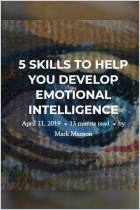
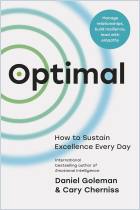
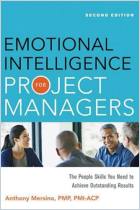




Comment on this summary or Démarrer une discussion